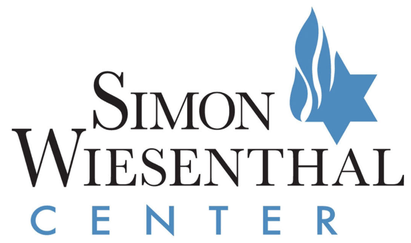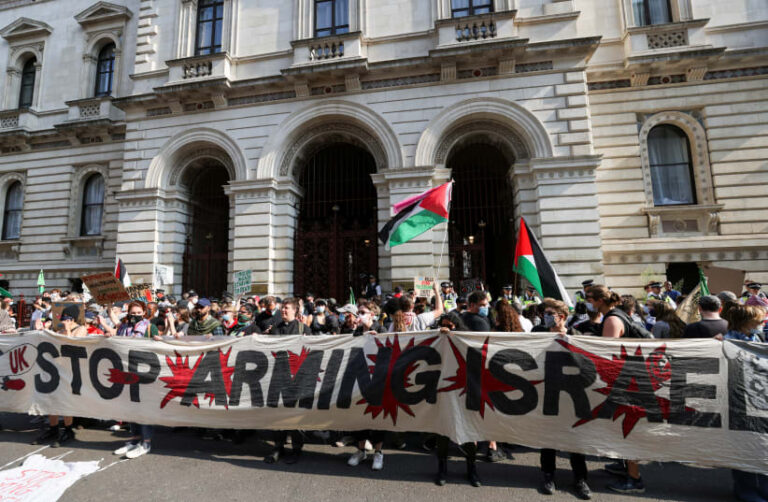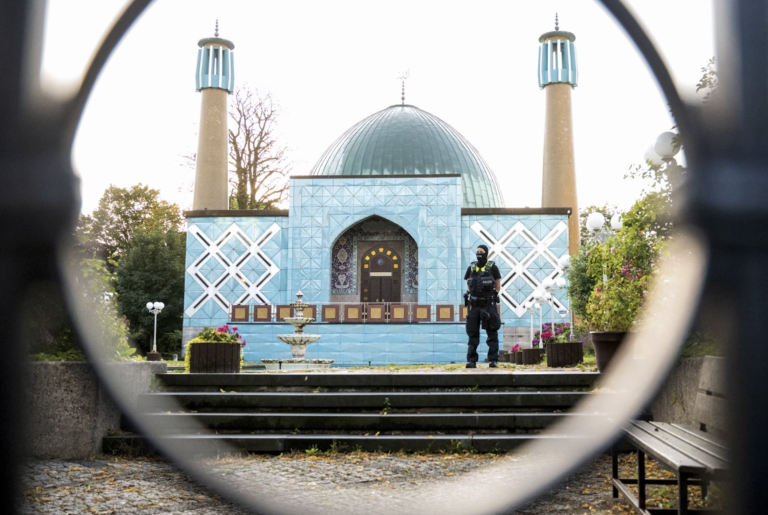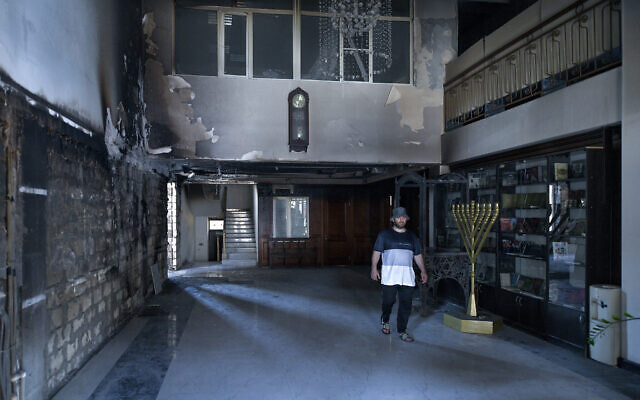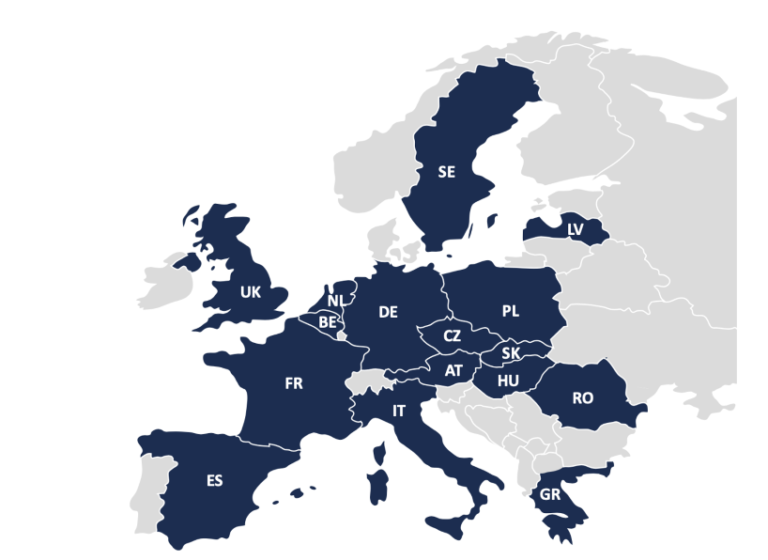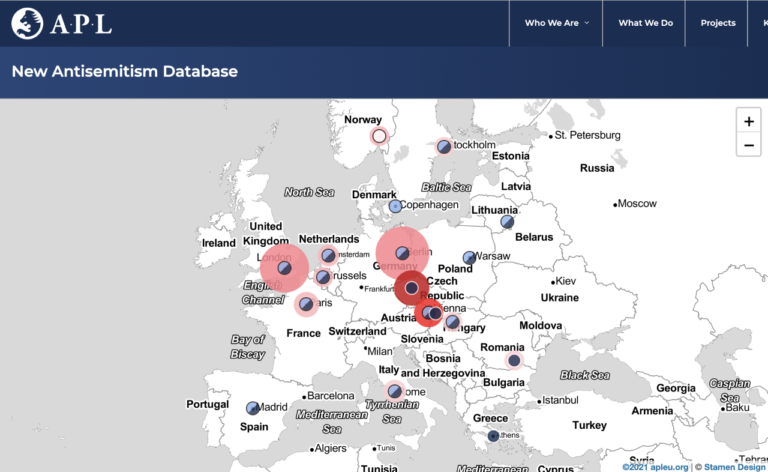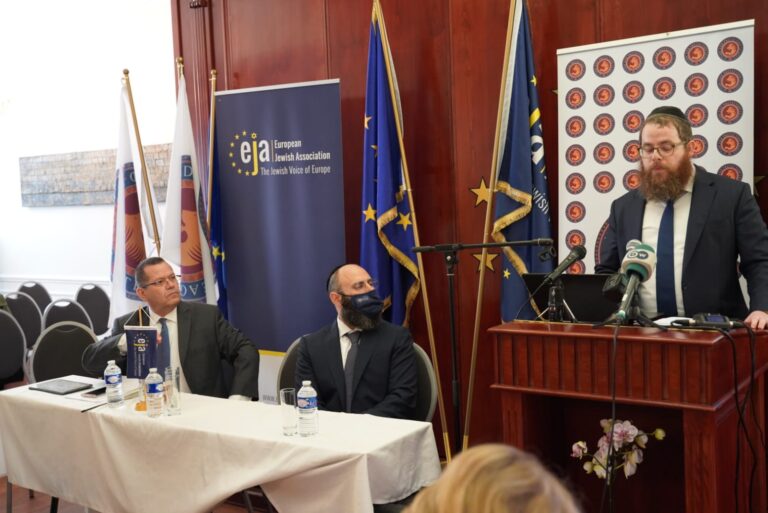The Simon Wiesenthal Center recently published its annual Global Antisemitism Top Ten list, which provoked strong criticism among top officials in Europe.
The Simon Wiesenthal Center has released its annual Global Antisemitism Top Ten list on December 28, which provoked strong criticism among top officials in Europe, including Katharina von Schnurbein, the European Union’s coordinator for fighting antisemitism, reports The Jerusalem Post.
Schnurbein tweeted on December 29 that the center was harming the global fight against antisemitism and was tarnishing the organisation’s namesake’s, Simon Wiesenthal’s legacy, the Holocaust survivor who dedicated his life to documenting the crimes of the Holocaust and to hunting down the perpetrators.
The Simon Wiesenthal Center defines itself as “a Jewish global human rights organization researching the Holocaust and hate in a historic and contemporary context,” and has been publishing a list of what it deems to be the most antisemitic entities in the world since 2010. The Global Antisemitism Top Ten list has drawn criticism in past years as well, but the 2021 list was even more antagonistic.
Following the state of Iran and Hamas, the broadcaster BBC took third place on the list, since the company has become a center of focus since its report of the Oxford Street incident.
Number seven on the list is the entire state of Germany, for “failing to curb antisemitic attacks from the far Right, Islamists, and the demonization of Israel from the Left.” The entry singled out Michael Blume, the commissioner against antisemitism for the German state of Baden-Württemberg. Due to a 2019 Facebook post, the Wiesenthal Center claims that Germany lets Blume “engage in these antisemitic and anti-Israel activities on social media.”
Blume strongly rejects these accusations, and Schnurbein openly condemned Blume’s inclusion on the list in her tweet, saying that the center’s inclusion of Blume “discredit[s] the invaluable legacy of Simon Wiesenthal.” Jewish communities also sharply condemned the list.
Rabbi Abraham Cooper, the center’s associate dean defended the list, writing in a letter to the JTA that the Wiesenthal Center “doesn’t suffer from blurred vision,” adding that “you cannot fight ‘antisemitism’ without opposing all those who attack Zionists and demonize Zionism.”
